Nissan's future EV models will feature bidirectional charging and solid-state batteries by 2028
Nissan becomes the first Japanese car manufacturer to adopt the NACS connector for its electric vehicles in the U.S. starting in 2025
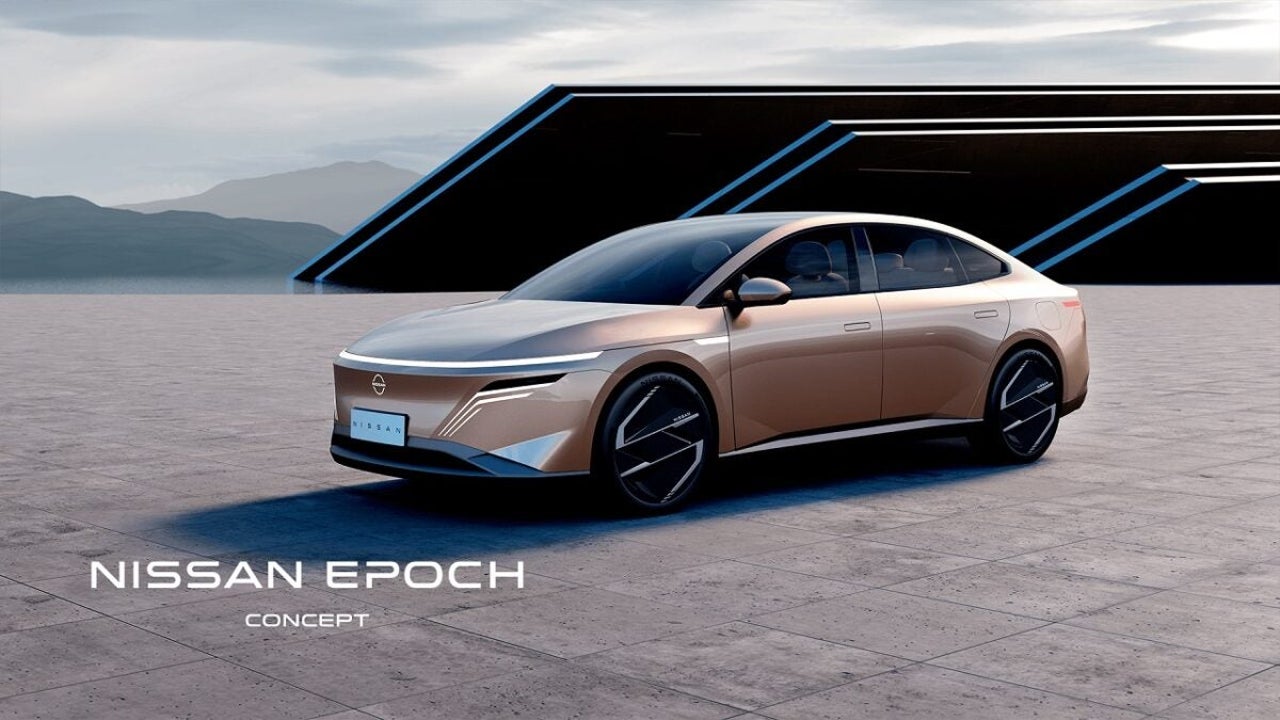
- February 28, 2025
- Updated: February 28, 2025 at 11:51 AM
Nissan becomes the first Japanese manufacturer to adopt the NACS (North American Charging Standard) connector for its future electric vehicles intended for the U.S. market.
The company announced that models with NACS ports will start arriving in 2025, adhering to the timelines set since its announcement in July 2023.
To facilitate the transition, Nissan has introduced a NACS adapter for the Ariya, allowing owners of this model, which currently has a CCS port, to use Tesla’s Supercharger network and other NACS-compatible stations.
Nissan wants to get ahead of Tesla and Toyota
This adapter is available for $235 through Nissan dealers and directly from the brand.
In addition to the Ariya, Nissan plans to introduce a pure electric vehicle with a NACS port by the end of this year, with projected sales for 2026. While the updated Ariya is expected to be the first U.S. vehicle to feature this type of connector, the company has also highlighted that it has several electric models in development, with their launch delayed until 2028.
With the incorporation of the NACS connector, Nissan has expanded its charging network, adding 20,000 compatible DC fast charging stations. This significant addition nearly doubles the number of connectors available to Nissan customers, making it easier for them to access an expanding charging infrastructure, which the company states will continue to grow in the coming years.
In the technological field, Nissan has emphasized the importance of bidirectional charging, which is currently only available in the Leaf, although future updates are expected to expand this technology to other models. Looking ahead, the company also plans to integrate solid-state batteries in at least one global vehicle by 2028.
Latest from Agencias
You may also like
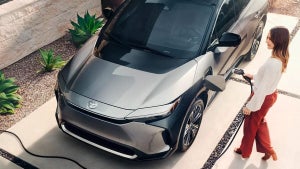
The new era of Toyota: solid-state batteries and the race for supply chains in Japan
Read more

This is Xiaomi's luxury car to conquer the EV market in China
Read more
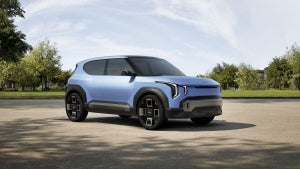
Kia presents the Concept EV2: a new electric crossover scheduled for 2026
Read more
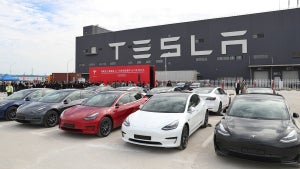
Tesla has a big problem in China with its autonomous driving
Read more
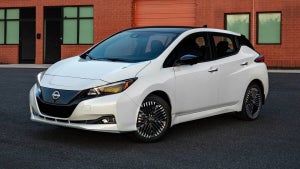
Nissan gives an electric car to a customer for an unpleasant reason
Read more
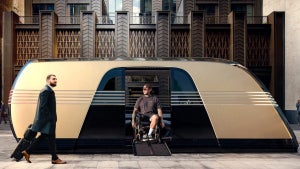
Is Tesla's transportation plan a step back in its ambitions for full autonomous driving?
Read more